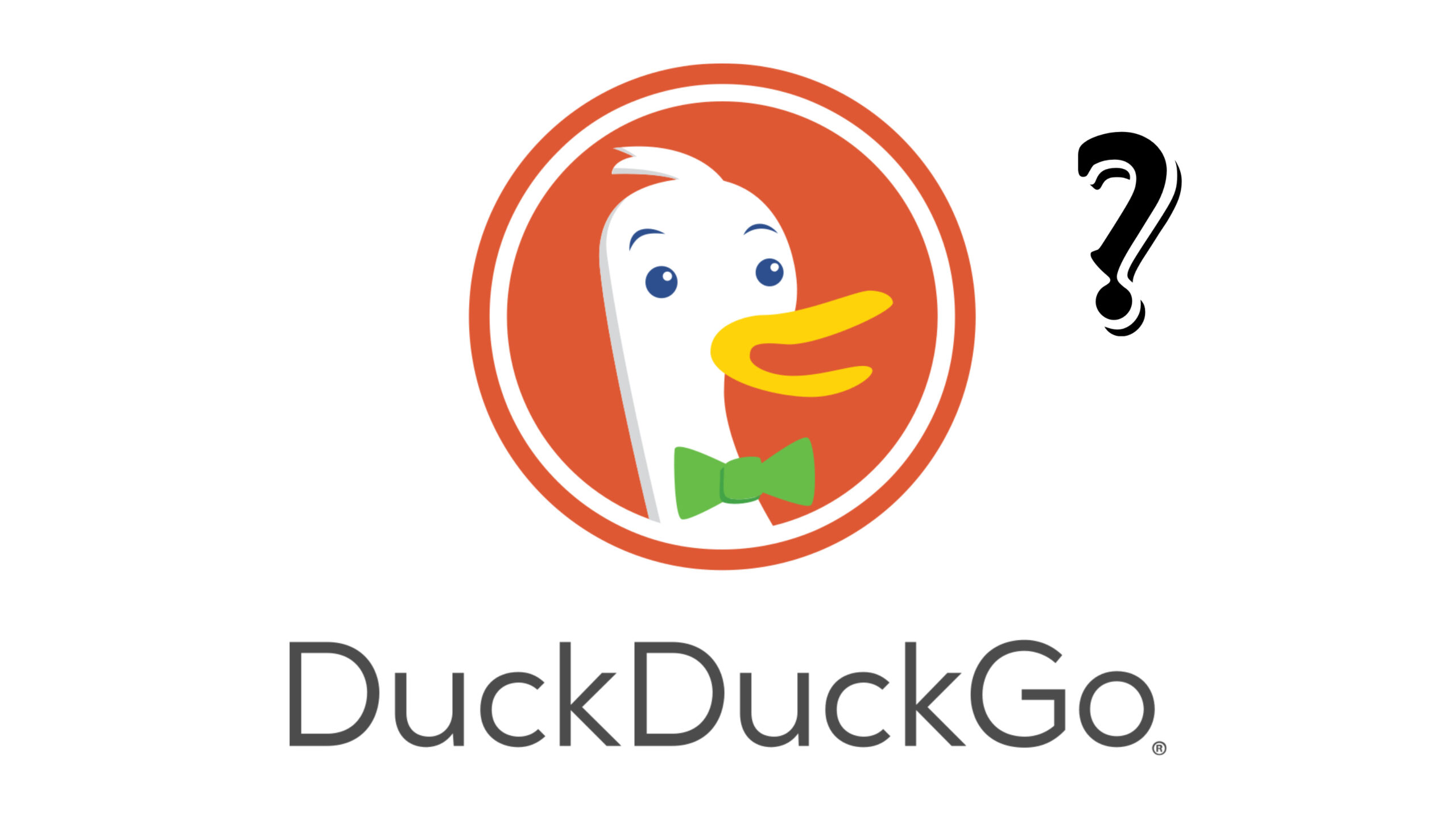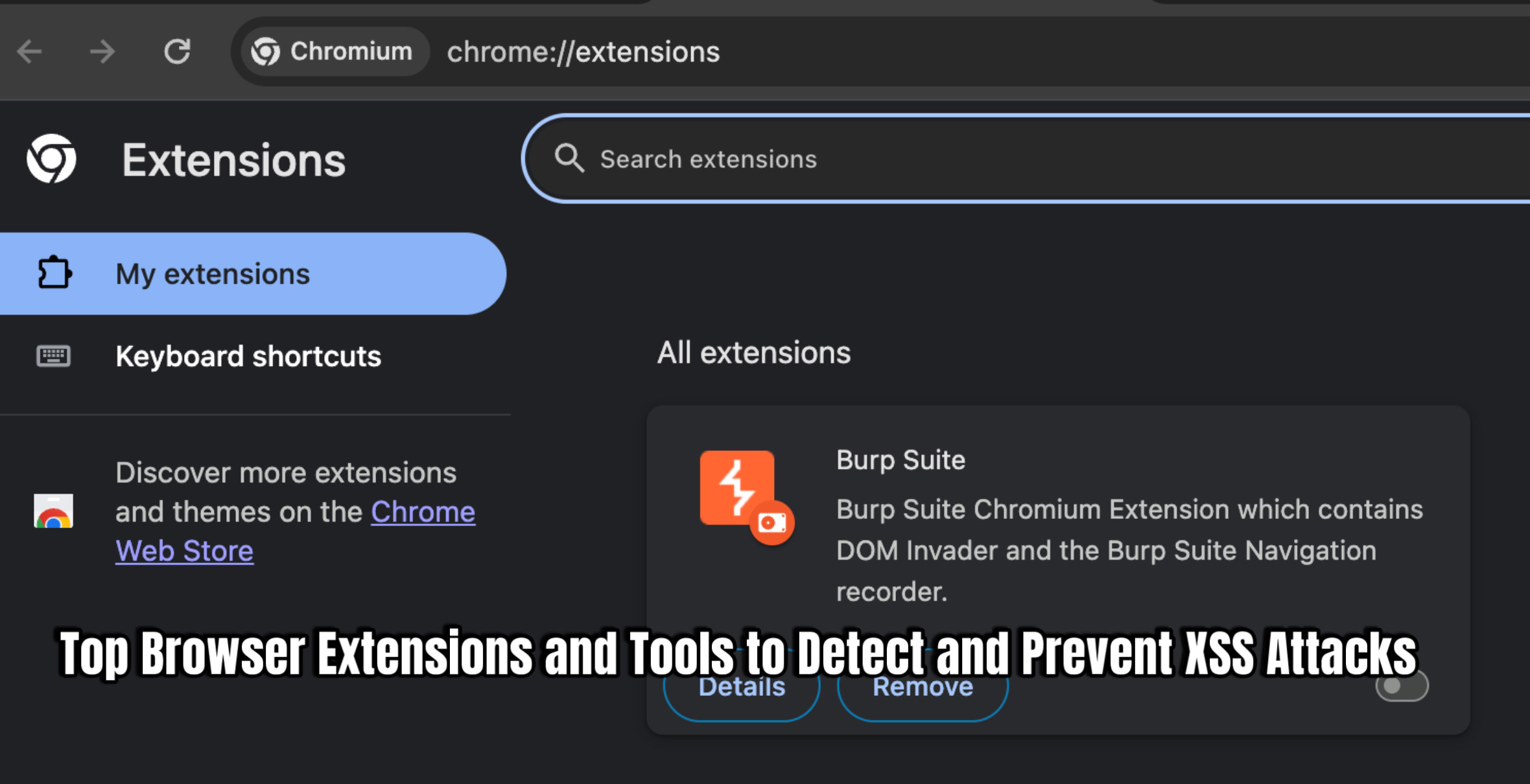For years, the search engine landscape felt like a one-horse race, dominated by the familiar giants. Like many of you, I hopped between Google, Bing, and even Qwant, always seeking that sweet spot between efficient results and a sense of digital peace. But the constant data collection, the uncanny precision of targeted ads, and that nagging feeling of being perpetually observed eventually wore me down. That’s when I made the switch to DuckDuckGo, and honestly, it’s been a game-changer for both my privacy and my productivity.
My Journey to a Simpler, Safer Search
The immediate appeal of DuckDuckGo was its uncluttered simplicity. Forget the endless widgets and distracting features; it’s just a search bar, ready for action. This minimalist approach isn’t just aesthetically pleasing; it translates to lightning-fast load times, even on older machines or with a shaky 4G connection. In a world of digital bloat, this streamlined experience is a breath of fresh air, letting me get straight to what I need without unnecessary delays.
But the true revelation, the core reason I advocate for DuckDuckGo, is its unwavering commitment to privacy. There’s no tracking, no history retention, and no relentless barrage of personalized ads. I can explore any topic I desire without the unsettling feeling that the entire internet is scrutinizing my interests. This fundamental respect for user privacy is incredibly liberating. It fosters an environment where I can genuinely focus on my search queries rather than constantly being aware of my digital footprint.
Another significant benefit is the neutrality of search results. There’s no “filter bubble” here, no algorithms serving me only what they *think* I want to see. Everyone receives the same results, fostering a more objective and diverse information discovery process. This lack of excessive personalization has, on more than one occasion, led me to discover valuable websites and resources I might never have encountered through more personalized search engines.
!Bang Commands: A Productivity Powerhouse You Didn’t Know You Needed
Before trying DuckDuckGo, I wouldn’t have predicted how much I’d come to rely on !bang commands. Yet, they’ve become an indispensable part of my daily workflow. For those unfamiliar, these ingenious shortcuts allow you to search directly on specific websites without first navigating to their homepage. Just type an exclamation point followed by the site’s shortcut, and you’re there.
Here are just a few examples from my personal “most used” list:
!w [query]to search directly on Wikipedia (e.g.,!w Toulouse)!yt [query]for YouTube (e.g.,!yt powershell tutorial)!gh [query]for GitHub (e.g.,!gh automation script)!g [query]for when I *do* need Google’s specific algorithms (e.g.,!g baguette)!dpl [query]for Deepl (e.g.,!dpl how to fix a bug)
With hundreds of !bang commands available for nearly every major website imaginable, they’re a massive time-saver. Once you integrate them into your routine, you’ll wonder how you ever managed without them. They significantly reduce the number of clicks and steps required to find information on specific platforms, directly translating to enhanced productivity.
Is It Perfect? No, But It’s the Best Compromise.
Of course, no tool is without its minor imperfections. There are rare instances where DuckDuckGo’s results might be slightly less precise than Google’s, particularly for highly localized or extremely niche queries. However, for the vast majority – I’d say 95% – of my daily search needs, DuckDuckGo performs admirably. For me, the slight trade-off in occasional hyper-specificity is a small price to pay for the significant gains in peace of mind and data privacy.
DuckDuckGo at a Glance (as of late 2023/early 2024 data):
- Global Market Share: DuckDuckGo holds approximately 0.54% – 0.79% of the worldwide search engine market, making it the 5th or 6th most popular globally.
- US Market Share: In the United States, its market share is significantly higher, around 1.96% – 2.27%, often ranking as the 3rd or 4th most used search engine in the country.
- Mobile Success in US: It’s particularly strong in the US mobile search market, holding about 1.81% – 2.28%, positioning it as the 2nd most popular mobile search engine in the US, albeit still far behind Google’s dominant ~95% share.
- Daily Searches: DuckDuckGo handles an average of around 100 million search queries every day, and processed approximately 36 billion annual searches in 2024.
- User Demographics: While DuckDuckGo doesn’t track users, available data suggests approximately 73.3% of its users are male, and nearly half are under the age of 34 (the largest age group being 25-34 at 26.42%). Roughly 49% of its traffic originates from the United States.
- Financials: DuckDuckGo reportedly generates $100m+ in revenue per year through non-targeted advertising and affiliate partnerships, and has donated over $5.8 million since 2011 to organizations focused on internet privacy.
(Statistics sourced from Backlinko, Increv, WordStream, and Oberlo, based on data available for late 2023 and early 2024.)
The Bottom Line: Why DuckDuckGo Deserves Your Attention
In summary, choosing DuckDuckGo brings a compelling package of benefits:
- Privacy Respected: No data collection, no tracking, empowering you to search freely.
- Simple & Fast Interface: A minimalist design that prioritizes speed and efficiency.
- Neutral Results: Combatting the “filter bubble” with unbiased, identical results for everyone.
- Fewer Intrusive Ads: A significantly less cluttered and distracting search experience.
- Productivity-Boosting !Bang Commands: A truly indispensable feature for quick and targeted searches.
I’m not proclaiming DuckDuckGo as the be-all and end-all of search engines, but for me, it represents the optimal balance between efficiency and crucial privacy. If you’re weary of feeling constantly monitored online and are looking for a search engine that respects your digital autonomy while enhancing your productivity, DuckDuckGo is absolutely worth a try.
What search engine do you rely on? Have you explored DuckDuckGo yet, and if so, what’s been your experience? Share your thoughts on Discord or social media!



